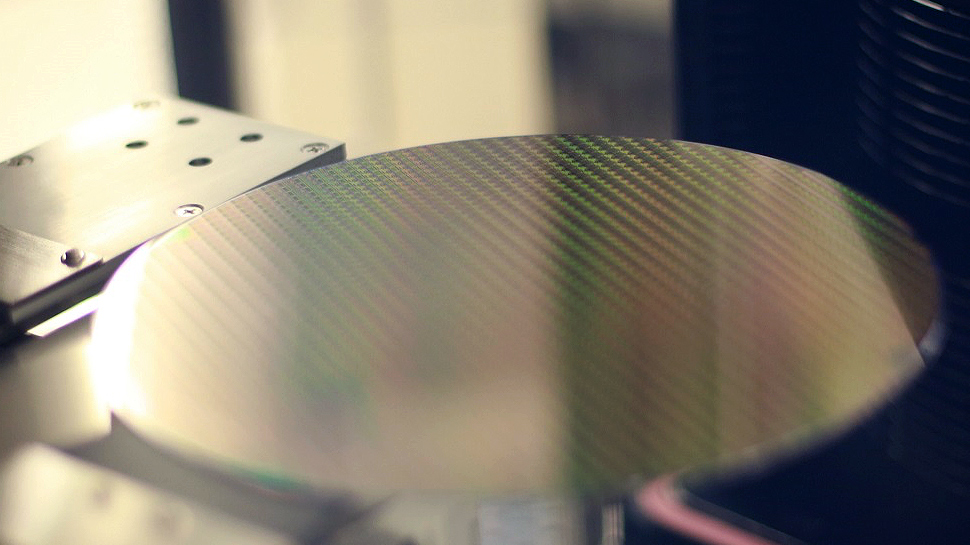Chinese President Xi Jinping told Dutch Prime Minister Mark Rutte at a recent meeting that efforts to limit China’s access to technological advancements would not deter the nation’s progress. This discussion came after the Netherlands imposed export controls on advanced chipmaking tools in alignment with U.S. efforts to restrict China’s access to advanced technology out of concern for nationalsecurity, according to a report by theAssociated Press.
“The Chinese people also have the right to legitimate development, and no force can stop the pace of China’s scientific and technological development and progress,” Xi said.

The Netherlands' decision to enforce export licensing on ASML’s lithography equipment — which can be used to make logic chips using 14nm and more advanced process technology — is a big deal for China’s semiconductor makers such as SMIC and YMTC. SMIC recently partnered with Huawei to produce 7nm-class smartphone processor using ASML’s advanced deep ultraviolet (DUV) litho tools and the two companies arereportedly working on making 5nm-class chips, using these machines.
The ongoing tensionbetween the U.S. and Chinaover technology access have led China to accuse the U.S. of hindering its economic development. The U.S. does not want to China to have access to high-performance processors that could be used for artificial intelligence and high-performance computing applications, as powerful supercomputers could be used to develop China’s military capabilities, as well as weapons of mass destruction. This is why American companies such as AMD, Intel, and Nvidia can no longer sell their latest products to Chinese entitieswithout an export licensefrom the U.S. government.

The U.S. does not want China to be able to produce its own AI and HPC processors for the same reasons. To ensure this, the U.S. has restricted American companies from selling advanced wafer fab equipment (WFE) to China-based entities, and has managed to persuade Japan, the Netherlands, and Taiwan to do the same — which has obviously upset China.
The People’s Republic badly needs sophisticated homegrown lithography equipment to enable its chip manufacturers to fabricate chips using even relatively advanced process technologies, such as 14nm. The country is making some progress with domestic lithography tools: Shanghai Micro Electronics Equipment (SMEE), China’s most advanced lithography scanner manufacturer, reportedly introduced its first28nm-capable tool last year, but it is unclear whether the company can produce such machines in volumes.
Get Tom’s Hardware’s best news and in-depth reviews, straight to your inbox.
Anton Shilov is a contributing writer at Tom’s Hardware. Over the past couple of decades, he has covered everything from CPUs and GPUs to supercomputers and from modern process technologies and latest fab tools to high-tech industry trends.